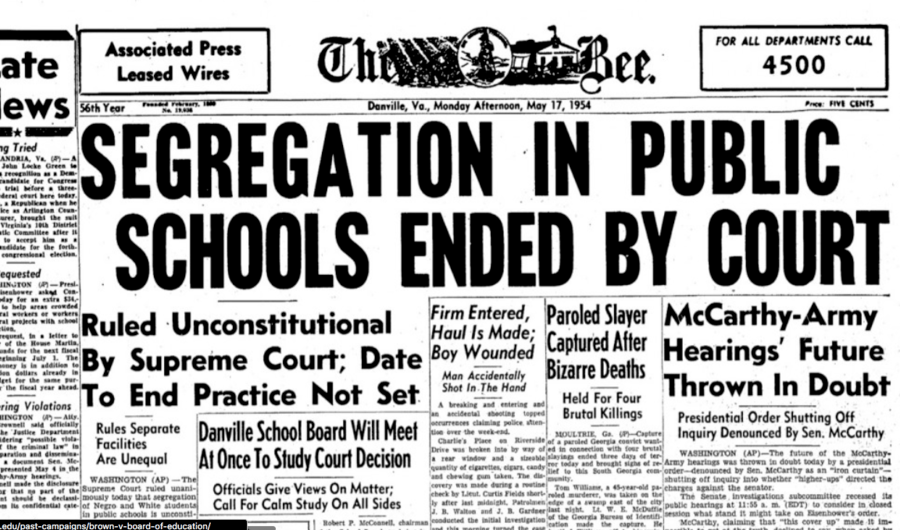
William Harvey Carney (1840 – 1908)
Recognized for heroically protecting the American flag during
the Civil War, Army Sgt. William Harvey Carney received the
Medal of Honor, the nation’s highest military decoration, on
May 23, 1900.
The first Black American service member to earn the award,
Carney was born into slavery in Virginia in 1840. Although a
handful of other Black service members had already received
the medal, Carney’s award celebrated an earlier action. He
was one of many Civil War-era honorees to be granted the
medal decades later.















